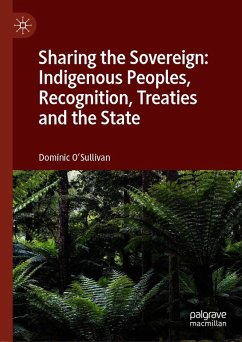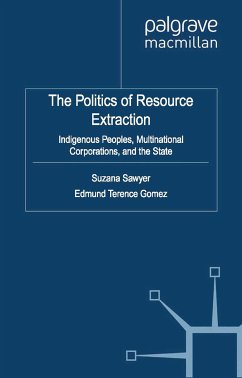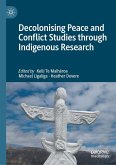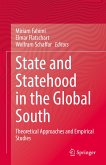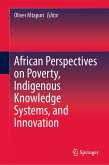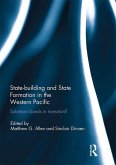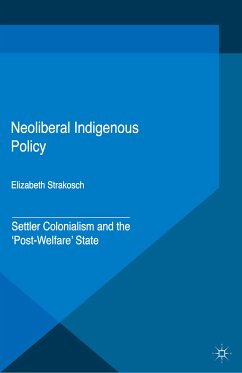--Tanya Fitzgerald, Professor of Higher Education, The University of Western Australia
O'Sullivan's work is an important text that brings new inter-cultural understandings of how concepts of treaty, recognition and sovereignty connect, on lands commonly known as Australia and New Zealand. His Indigenous scholarship on these important concepts is a valuable contribution to the literature and highly recommended reading.
--Dr Jessa Rogers-Metuamate, Department of Indigenous Studies, Macquarie University
This book explains how recognition theory contributes to non-colonial and enduring political relationships between Indigenous nations and the state. It refers to Indigenous Australian arguments for a Voice to Parliament and treaties to show what recognition may mean for practical politics and policy-making. It considers critiques of recognition theory by Canadian First Nations' scholars who make strong arguments for its assimilationist effect, but shows that ultimately, recognition is a theory and practice of transformative potential, requiring fundamentally different ways of thinking about citizenship and sovereignty.
This book draws extensively on New Zealand's Treaty of Waitangi and measures to support Maori political participation, to show what treaties and a Voice to Parliament could mean in practical terms. It responds to liberal democratic objections to show how institutionalised means of indigenous participation may, in fact, make democracy work better.
Dominic O'Sullivan is Associate Professor of political science at Charles Sturt University, Australia, and an Adjunct Professor in the Centre for Maori Health Research at Auckland University of Technology, New Zealand. He is from the Te Rarawa and Ngati Kahu iwi of New Zealand, and this is his eighth book. The most recent 'We Are All Here to Stay': Sovereignty, Citizenship and the UN Declaration on the Rights of Indigenous Peoples was published in 2020.
Dieser Download kann aus rechtlichen Gründen nur mit Rechnungsadresse in A, B, BG, CY, CZ, D, DK, EW, E, FIN, F, GR, HR, H, IRL, I, LT, L, LR, M, NL, PL, P, R, S, SLO, SK ausgeliefert werden.

